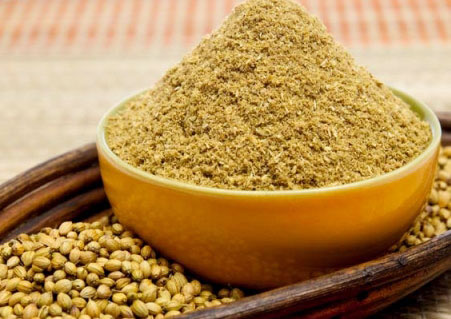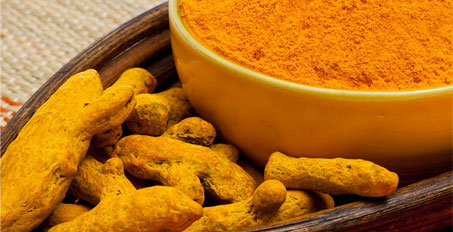Spices

OUR Spices
We have created a range of spices that will make your chicken and meat so tasty, you will keep people coming back for more.
We’ve made sure you can enjoy your Spice IT fix at home.
We’ve packaged our spices ready for you to pick up or delivered to you. We haven’t added any artificial preservatives, flavours, colours or MSG to our Spice It products, you can splash, drizzle and spread to your heart’s content.
Spice Details

MEDITERANEAN spice
I am text block. Click edit button to change this text. Lorem ipsum dolor sit amet, consectetur adipiscing elit.
CHILLI MARINADE Spice
I am text block. Click edit button to change this text. Lorem ipsum dolor sit amet, consectetur adipiscing elit.

What are our Spices made of?

CORIANDER
Coriander is probably native to the Middle East and southern Europe, but has also been known in Asia and the Orient for millennia. It is found wild in Egypt and the Sudan, and sometimes in English fields. The seed is now produced in Russia, India, South America, North Africa – especially Morocco – and in Holland. It was introduced to Britain by the Romans, who used it in cookery and medicine, and was widely used in English cookery until the Renaissance, when the new exotic spices appeared. Among ancient doctors, coriander was known to Hippocratic, and to Pliny who called it coriandrum for its ‘buggy’ smell, coris being a bug; or perhaps because the young seed resembles Cimex lectularius, the European bed-bug.

TURMERIC
Coriander is probably native to the Middle East and southern Europe, but has also been known in Asia and the Orient for millennia. It is found wild in Egypt and the Sudan, and sometimes in English fields. The seed is now produced in Russia, India, South America, North Africa – especially Morocco – and in Holland. It was introduced to Britain by the Romans, who used it in cookery and medicine, and was widely used in English cookery until the Renaissance, when the new exotic spices appeared. Among ancient doctors, coriander was known to Hippocratic, and to Pliny who called it coriandrum for its ‘buggy’ smell, coris being a bug; or perhaps because the young seed resembles Cimex lectularius, the European bed-bug.
